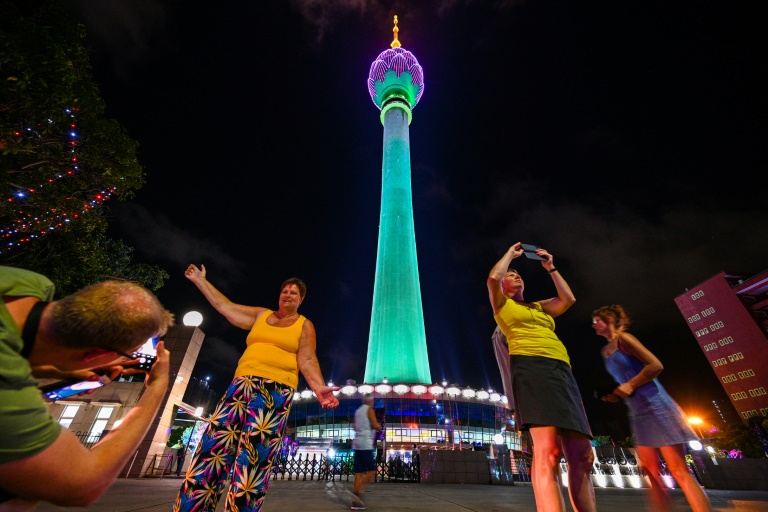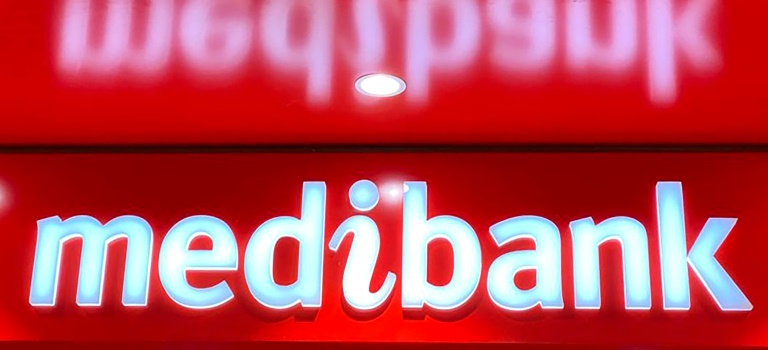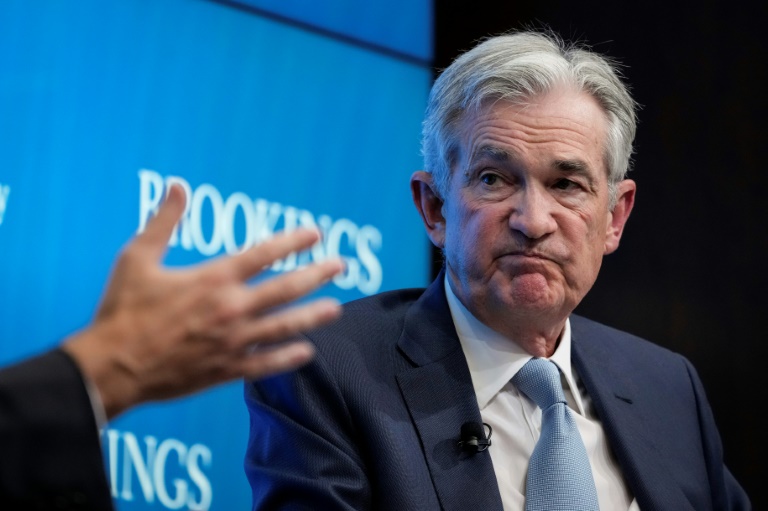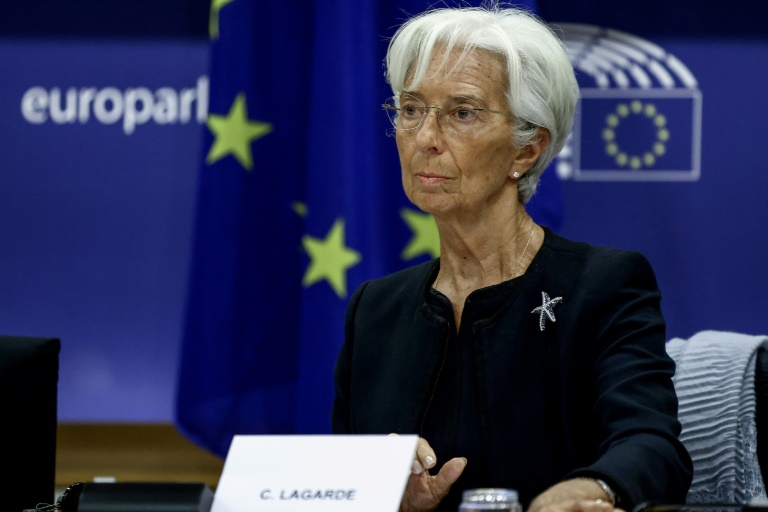Asia extends stocks rally as dollar drops on Fed rate optimism
Asian stocks extended a global rally Thursday and the dollar sank after Federal Reserve boss Jerome Powell flagged a rate hike slowdown and China signalled a softer approach to fighting Covid.
A growing sense of hope that months of sharp monetary tightening around the world is finally reining inflation back from its decades-long highs sent equities surging in November, even as policymakers warned more work had to be done.
And in a much-anticipated speech Wednesday, Powell said the full effects of the Fed’s belt-tightening had yet to be felt but that it “makes sense to moderate the pace of our rate increases as we approach the level of restraint that will be sufficient to bring inflation down”.
He signalled the US central bank’s December gathering would likely see officials lift borrowing costs by 50 basis points, having pushed them up by a bumper 75 points at the past four meetings.
However, Powell did say policy would need to remain tight “for some time” to restore price stability, echoing comments from other Fed officials who suggested there might not be any cuts until 2024.
Analysts said the reaction to Powell’s remarks — which had been expected to be his most dovish in some time — highlighted a sense of relief among investors that a long-hoped-for pivot was on the cards.
All three main indexes on Wall Street surged, with the Nasdaq leading the way as rate-sensitive tech firms rocketed.
The gains extended November’s rally and helped claw back more of the hefty losses suffered for much of 2022.
Investors were “putting those nasty thoughts of a bear market to bed as the December Santa Rally springs alive”, said Stephen Innes at SPI Asset Management.
“Indeed investors are revelling in the afterglow of moderating Fed signals. And with the Fed done with jumbo hikes, it’s seemingly enough to mark the bottom in the bear market and could lead to a sustainable rally.”
He added that bets on rates topping five percent were fading and the advance in markets could push into the new year, with another slowdown in November inflation potentially fuelling a bull rally — when a market rises 20 percent from its recent low.
“Still,” he warned, “inflation will need to play along.”
– China Covid hope –
In another sign of hope, data earlier showed that eurozone inflation eased for the first time in 17 months in November.
Hong Kong extended its rally into a third day, with tech giants including Alibaba and Tencent tracking massive gains in their US-listed stock, while Shanghai was also up.
Those rallies were also helped by signs that China is edging towards a more pragmatic approach to fighting the coronavirus, having hammered the economy this year with its strict zero-Covid strategy of lockdowns and mass testing.
After widespread unrest against the measures — and calls for more political freedoms — authorities have announced moves aimed at loosening some restrictions.
On Wednesday, Vice Premier Sun Chunlan, who heads China’s Covid campaign, told the National Health Commission that the fight was entering a new phase as Omicron weakens and more people are vaccinated.
Bloomberg News also noted that she did not refer to “dynamic Covid-zero”, the term used to explain Beijing’s strategy.
“While we shouldn’t expect a dramatic shift in policy from the leadership, particularly before the March Congress, any modest softening in its Covid-zero policy will and should be welcomed,” said OANDA’s Craig Erlam.
“The approach has been extremely damaging to growth and confidence and the protests highlight how public opinion towards it is changing.”
Among other markets, Tokyo, Sydney and Taipei added more than one percent while Singapore, Seoul, Wellington, Mumbai and Bangkok were also in positive territory.
London, Paris and Frankfurt rose at the open.
The dollar suffered another sell-off, tanking more than one percent to briefly hit as low as 135.84 yen Thursday, a level not seen since August.
The greenback’s losses come after it soared across the board this year as Fed monetary policy diverged more and more from other central banks.
– Key figures around 0820 GMT –
Tokyo – Nikkei 225: UP 0.9 percent at 28,226.08 (close)
Hong Kong – Hang Seng Index: UP 0.8 percent at 18,736.44 (close)
Shanghai – Composite: UP 0.5 percent at 3,165.47 (close)
London – FTSE 100: Up 0.3 percent at 7,598.35
Dollar/yen: DOWN at 136.28 yen from 138.03 yen on Wednesday
Euro/dollar: UP at $1.0424 from $1.0408 on Wednesday
Pound/dollar: UP at $1.2100 from $1.2052
Euro/pound: DOWN at 86.20 pence from 86.34 pence
West Texas Intermediate: DOWN 0.6 percent at $80.05 per barrel
Brent North Sea crude: DOWN 0.6 percent at $86.46 per barrel
New York – Dow: UP 2.2 percent at 34,589.77 (close)








